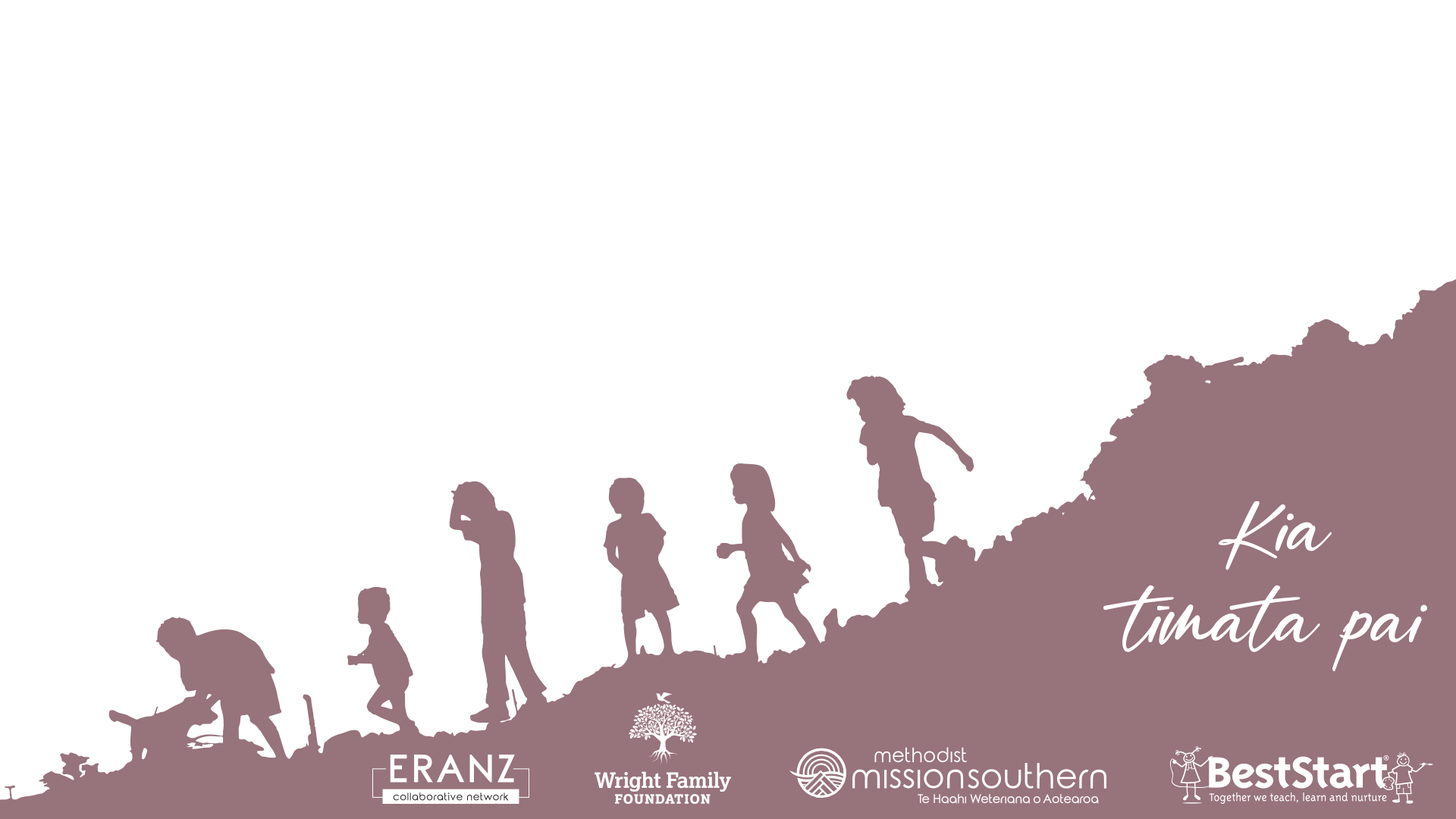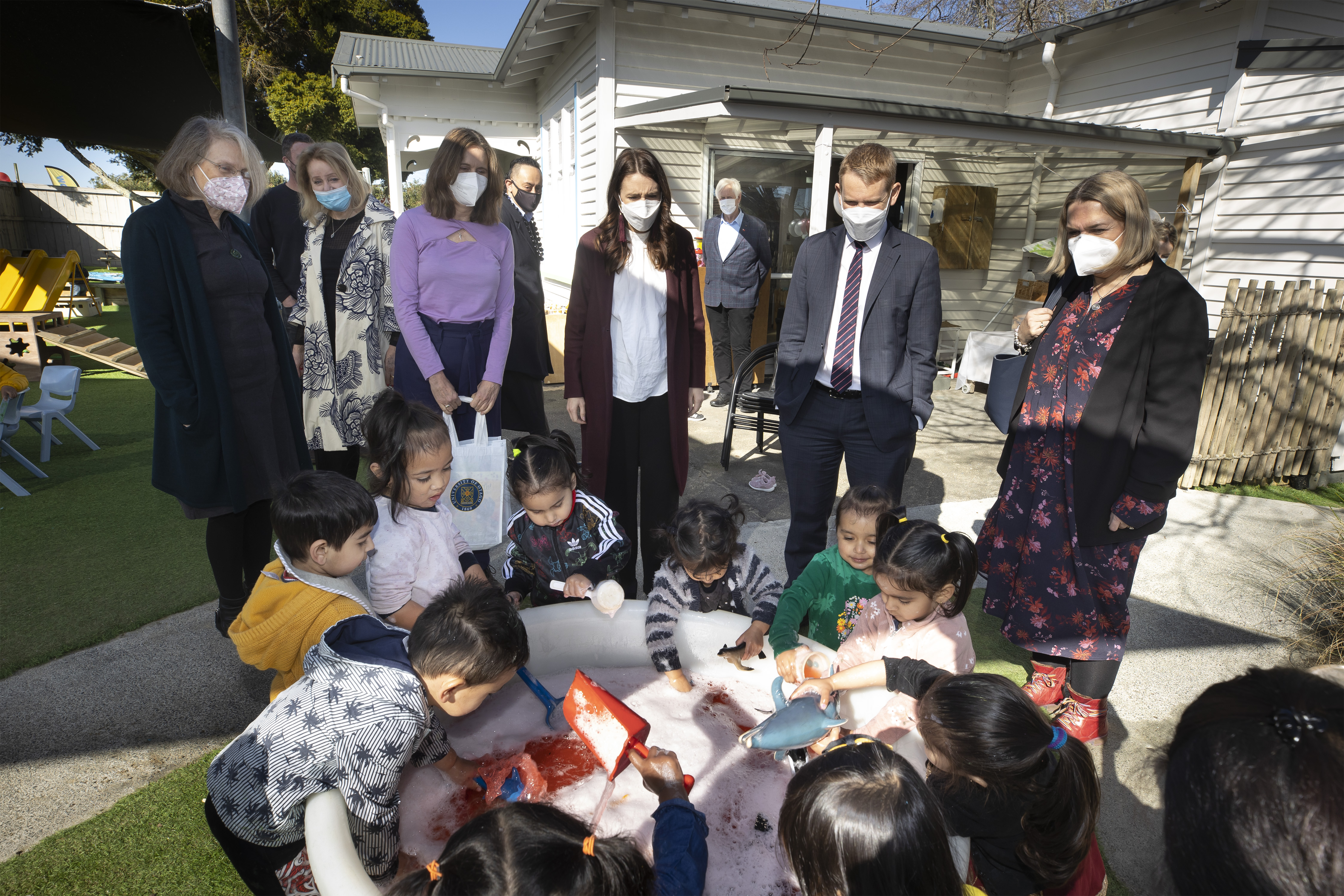Intervention Studies
From Knowledge Acquisition to Knowledge Application
Longitudinal studies like the Dunedin Study are very useful for mapping pathways and likely mechanisms leading to different life outcomes. In other words, they are very useful for informing the design and targeting of early interventions. The Director of the Dunedin Study served as a part-time Chief Science Advisor to various government ministries and agencies between 2014-2021 when it became clear that there was an urgent need to know ‘what things’ can be done to ameliorate negative life trajectories, once identified. This has motivated the Dunedin Multidisciplinary Health and Development Research Unit to ‘roll-up-our sleeves’ and become involved in systematically assessing the effectiveness of specific interventions to improve wellbeing, specifically from a lifecourse perspective.
Below is an overview of three intervention studies we are currently involved in. The targets and sought-after outcomes of these studies have all been informed by and align with findings from the Dunedin Study. Importantly, the following studies all involve working with new groups, both from within the academy as well as from the community. All three studies involve service providers or consumers, and most often both. All three also explicitly seek to understand what works in the real world, and are thus intended to be scalable across the population.
Te Kura mai I Tawhiti
Te Kura Mai i Tawhiti is a Māori community-led collaborative longitudinal research programme that is focused on the health and well-being outcomes of cultural revitalisation and whānau development through kaupapa Māori early years provision. The research emphasises the pivotal role of te reo Māori me ngā tikanga Māori and working with whole whānau in reinforcing secure cultural identity, whānau cohesion and addressing inequities in health and well-being faced by Māori.
This research is conducted at the interface of mātauranga Māori and Western science. All aspects of Te Kura Mai i Tawhiti are Māori-led and run by a Māori community organisation supported by university-based collaborators. The primary partners in this collaboration are Te Pou Tiringa, a Māori body overseeing kaupapa Māori ECE provision by Te Kopae Piripono in Taranaki, and the University of Otago.
Te Kura Mai i Tawhiti has comprised three phases to-date and will involve a continued longitudinal study. The findings of the current scaling-up phase of Te Kura Mai i Tawhiti will provide timely evidence about ways of improving life-long health outcomes for Māori, with the aim of benefits across whānau and into future generations.
The ongoing longitudinal phases of Te Kura Mai i Tawhiti have the potential to address pressing questions about how the development of core components of identity and behaviour shape the trajectory of social well-being outcomes through a Māori lens. The overall objective of Te Kura Mai i Tawhiti is to provide much-needed evidence of how early years provision is pivotal in working towards health equity for Māori via a kaupapa Māori education pathway that unlocks the capacity of mātauranga Māori to address health and wellbeing challenges and achieve healthier and longer lives for whānau Māori.
In response to the increased demand for mental wellbeing support in Aotearoa, The Wise Group established Just a Thought in 2019 with the aim of providing free, accessible, evidence-based, and effective online Cognitive Behavioural Therapy (CBT) to New Zealanders when they need it. 
Just a Thought courses are designed for people experiencing low mood or mental distress. The courses use evidence-based CBT, which is a gold-standard approach that empowers people to improve how they feel by teaching them to change patterns of unhelpful thoughts and behaviours.
Just a Thought is collaborating with the Dunedin Multidisciplinary Health and Development Study to research and understand the effectiveness of Just a Thought as an online intervention that complements in-person care. Professor Richie Poulton has been a huge advocate of Just a Thought from the beginning.
For more information on Just a Thought visit their website: justathought.co.nz and watch their youtube video on how Just a Thought courses work.

Kia Tīmata Pai: The Best Start Study
Kia Tīmata Pai is a gold-standard trial to test how best to enhance children’s self-regulation and oral language to contribute to wellbeing in our communities. The project was conceived in 2019 when Profs Richie Poulton and Stuart McNaughton created Emotion Regulation Aotearoa New Zealand (ERANZ) with the aim of translating the evidence base on the development of self-regulation into practice.
Kia Tīmata Pai is being conducted in BestStart early childhood centres across New Zealand with over 1600 teachers and 1400 children from ages 1.5 to 6 years and their whānau. Wayne and Chloe Wright at the Wright Family Foundation have generously agreed to fund the 4.5-year project.
Centres are randomly allocated to receive either an oral language module (called ENRICH, developed by Professor Elaine Reese and Dr Elizabeth Schaughency at the University of Otago), a self-regulation module (called ENGAGE, developed by Associate Professor Dione Healey at the University of Otago), or both ENGAGE and ENRICH, in comparison to a curriculum-as-usual control group. Jimmy McLauchlan at Methodist Mission Southern is leading the implementation in collaboration with Clair Edgeler and Natasha Maruariki at BestStart. Associate Professor Mele Taumoepeau and Professor Karen Salmon (Victoria University), and a Cultural Advisory Group comprised of BestStart, university, and community members are ensuring the trial is appropriate for all tamariki. A Brain Development and Behaviour sub-study with over 200 of the child study members and their parents is running out of the Liggins Institute at University of Auckland (with Sir Peter Gluckman and Professor Justin O’Sullivan) to understand the mechanisms of the intervention effects at the level of children’s brain and behaviour development.
ENRICH, developed by Professor Elaine Reese and Dr Elizabeth Schaughency at the University of Otago), a self-regulation module (called ENGAGE, developed by Associate Professor Dione Healey at the University of Otago), or both ENGAGE and ENRICH, in comparison to a curriculum-as-usual control group. Jimmy McLauchlan at Methodist Mission Southern is leading the implementation in collaboration with Clair Edgeler and Natasha Maruariki at BestStart. Associate Professor Mele Taumoepeau and Professor Karen Salmon (Victoria University), and a Cultural Advisory Group comprised of BestStart, university, and community members are ensuring the trial is appropriate for all tamariki. A Brain Development and Behaviour sub-study with over 200 of the child study members and their parents is running out of the Liggins Institute at University of Auckland (with Sir Peter Gluckman and Professor Justin O’Sullivan) to understand the mechanisms of the intervention effects at the level of children’s brain and behaviour development.
Findings from the initial phase of the study will be released in the coming months. These results will inform policy, social services, and educational domains.


